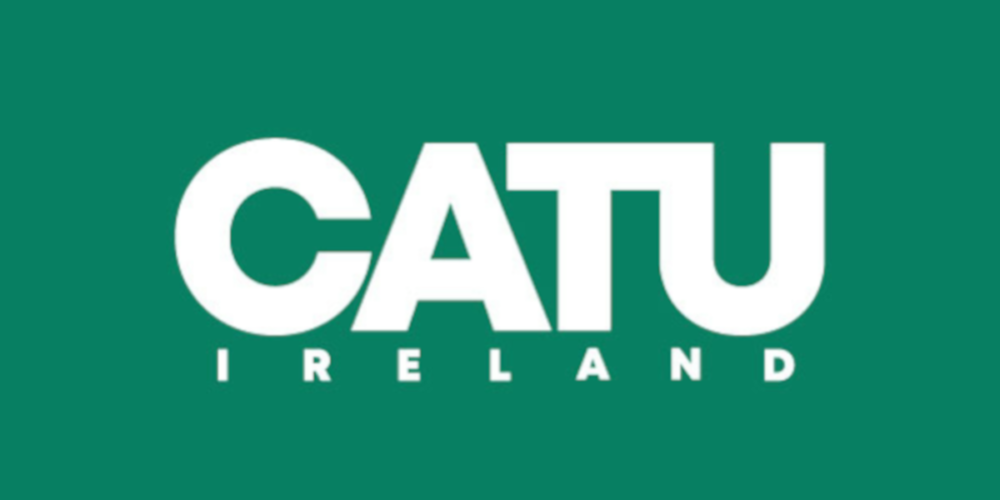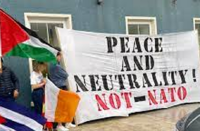The Community Action Tenants’ Union (CATU) is Ireland’s only union organised within the community you are living in—in the same way that a trade union branch is based within a workplace. CATU members come together to combat not only issues concerning tenancy but anything that affects the whole community, such as the removal of a local playground, repossession of a home by a bank, or the privatisation of public land for housing.
“We want to take the basic ideas of membership, collective direct action, and grassroots democracy from where people work to where they live” (www.CATUireland.org).
What is “collective direct action”? Instead of trying to resist an eviction alone by individually pleading with the landlord, the entire local membership would resist the eviction as a group or collectively. This fight would be publicly visible and is intended to directly affect the target—a tactic otherwise known as direct action—instead of the traditional, more polite avenues some campaigns take, such as signing a petition or writing a letter to a politician. CATU members are a physical presence in delivering this message to the target.
CATU is the only dues-paying membership-based community and tenants’ union for Ireland. Membership is open to council and private tenants, home-owners, mortgage-holders, and people forced to live in direct provision or emergency accommodation, and any other form of precarious accommodation, which includes the nearly 486,000 adults still living with parents.* Membership contribution is paid monthly and is calculated on what your hourly wage is, or whatever you can afford. Membership is not open to landlords.
But why a membership-based organisation? Paying dues gives every member an equal vote in this democratic union, and it is the basic level of involvement in the union. Membership subscriptions pay for such materials as leaflets, banners, and training costs needed for campaigning, and this keeps the union independent; so there is no reliance on funding from the government or city councils, which we are usually fighting against.
Membership contributions can ultimately give enough stability to pay people for the extensive work it takes to run a union, thus reducing burn-out by volunteers, and recognises the extensive work that is needed to keep an organisation functioning.
Unlike many campaign groups, CATU is not a service-provider or a charity, nor is it an advocacy group that is going to speak on behalf of the oppressed. Every member is involved in the struggle to fight oppression. This means there are no “saviours”; unlike NGOs, it avoids the power dynamic that further institutionalises and disempowers oppressed groups. Instead, those affected are empowered to fight back, with their community beside them. CATU merely provides the training, tools and organisation to collectivise the community to join and support their fight—because it is only our strength in numbers that will fight off the enormous power of wealthy landlords, corporations, and government.
If you are serious about getting organised, join CATU to fight for what you and your community want and need and, importantly, win!
References
*2016 census (https://tinyurl.com/yaokvzqv).






